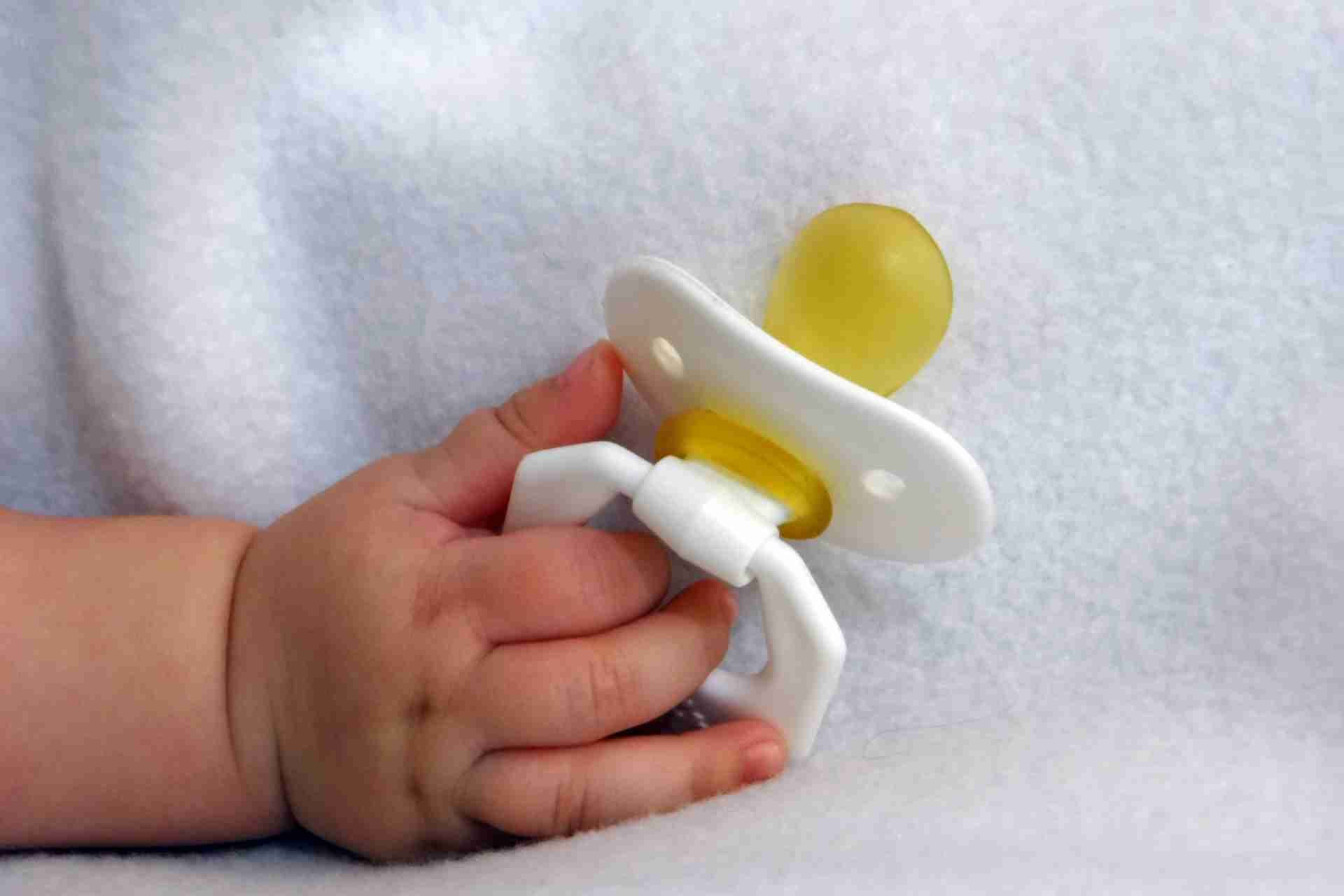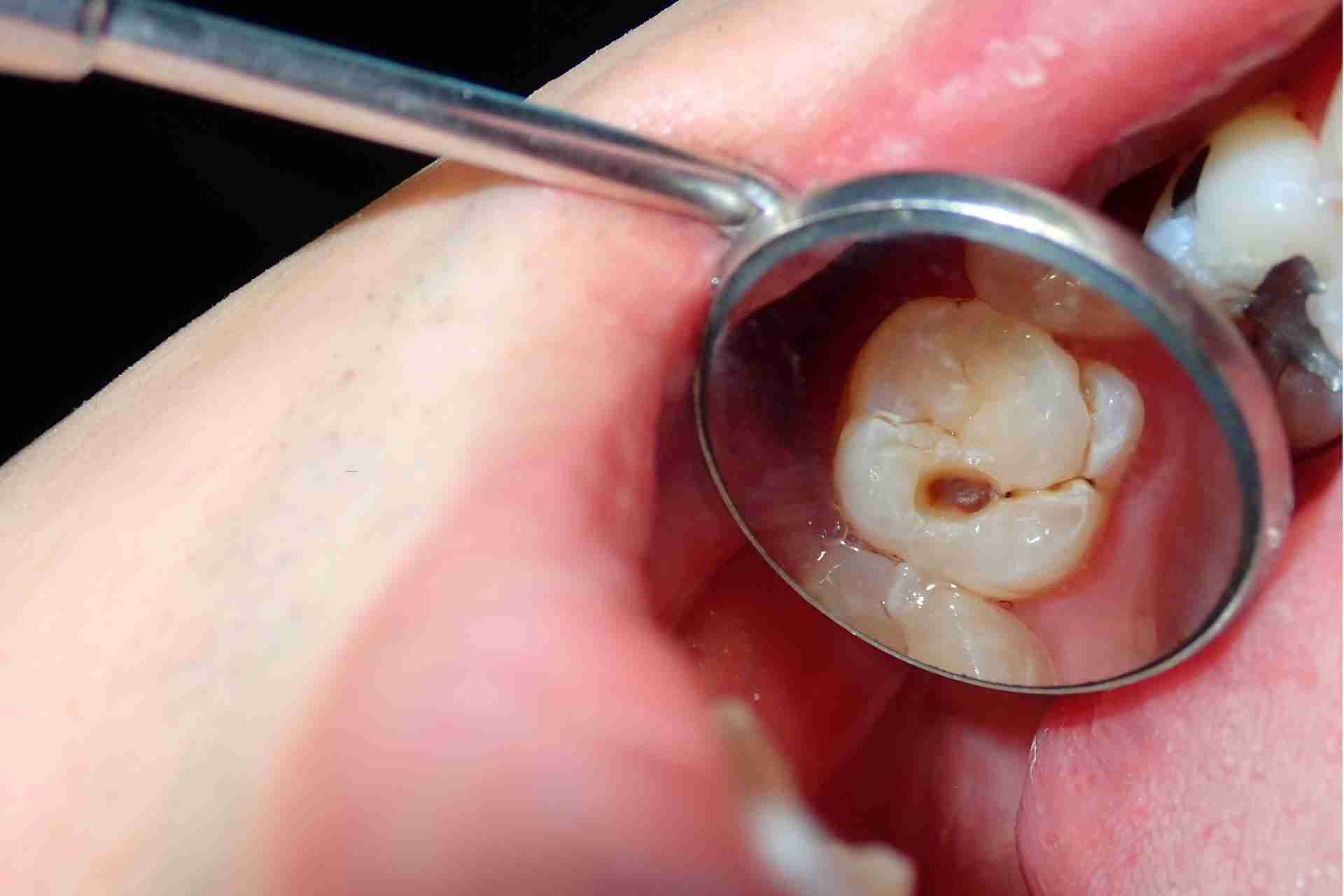Thumb Sucking and Pacifiers: What Parents Need to Know

As a parent, you know thumb sucking and pacifiers can provide comfort for your little one, especially during stressful times. While these habits can help soothe and promote sleep, they also come with potential risks that might surprise you. Understanding the balance between comfort and development is crucial. What should you consider as your child grows? Let’s explore the key aspects every parent should know.
The Comfort of Thumb Sucking and Pacifiers
When you think about the comfort of thumb sucking and pacifiers, it's clear that these habits provide a soothing effect for many infants.
You may notice how your baby instinctively reaches for their thumb or pacifier during stressful moments. These actions help them regulate emotions and create a sense of security. As they suck, it releases tension, calming their minds and bodies.
Infants often find solace in these routines, which can help them fall asleep or ease discomfort. You might also see how thumb sucking and pacifiers can become a familiar source of comfort in new or overwhelming environments.
Ultimately, they serve as a natural coping mechanism, allowing your child to navigate their feelings and experiences with more ease.
Potential Benefits for Infants and Toddlers
While thumb sucking and pacifiers might seem like simple habits, they offer several potential benefits for infants and toddlers. These practices can provide comfort during stressful times, helping your little one self-soothe when faced with new experiences or challenges.
They may also promote a sense of security, making bedtime routines smoother and aiding in sleep. Furthermore, sucking can satisfy your child's natural urge to suck, which is crucial for their development, especially during the early months.
Additionally, engaging in these habits might help your toddler explore their environment with less anxiety, allowing them to build confidence.
Ultimately, thumb sucking and pacifiers can be valuable tools for emotional regulation and development during these formative years.
Dental and Developmental Concerns
Although thumb sucking and pacifier use can offer comfort, they also raise dental and developmental concerns that parents should be aware of.
Prolonged thumb sucking or pacifier use can lead to misaligned teeth, bite problems, and changes in the shape of your child's mouth. These issues may require orthodontic treatment later on.
Additionally, excessive reliance on these habits can hinder speech development, as they may interfere with proper tongue placement and oral motor skills.
It's essential to monitor how long your child engages in these behaviors and consider their impact on their dental health.
Early intervention can help mitigate potential problems, ensuring your child develops a healthy smile and effective communication skills.
Tips for Encouraging Weaning
Since weaning your child off thumb sucking or pacifier use can be challenging, it's important to approach the process with patience and understanding.
Start by gradually reducing their access to the pacifier or thumb. Set specific times when they can use it, like bedtime, and slowly decrease these intervals.
Offer distractions, such as toys or engaging activities, to keep their hands busy. Positive reinforcement works wonders; praise your child for their efforts and celebrate small victories.
You might also consider replacing the pacifier with a comforting alternative, like a soft blanket.
When to Seek Professional Guidance
If you're noticing persistent thumb sucking or pacifier use that seems to interfere with your child's daily activities or social interactions, it might be time to seek professional guidance.
Look for signs that the habit is causing dental issues, such as misalignment or prolonged open bite. If your child struggles to stop despite your encouragement, a pediatrician or child psychologist can provide valuable insights and support.
Additionally, if the habit is rooted in anxiety or stress, professional help can address underlying emotional concerns. Don’t hesitate to reach out; early intervention can prevent long-term effects.
Alternative Soothing Strategies for Children
Finding healthier alternatives for soothing your child can make a significant difference, especially if thumb sucking or pacifier use has become a concern.
Consider introducing comfort items like a favorite stuffed animal or blanket. These can provide a sense of security and help your child self-soothe. You might also try gentle rocking, singing, or reading to create a calming environment.
Engaging in creative activities, such as drawing or playing with playdough, can distract and soothe. Additionally, teaching breathing exercises can empower your child to manage their emotions.
Experiment with different strategies to discover what resonates best with your little one. By focusing on positive alternatives, you'll support their emotional development while reducing reliance on thumb sucking or pacifiers.
Conclusion
In conclusion, while thumb sucking and pacifiers can provide comfort for your little one, it’s essential to stay aware of potential dental and developmental concerns. By monitoring their habits and using gentle weaning strategies, you can help them transition away from these comforts without stress. If you notice persistent issues, don’t hesitate to seek professional guidance. Remember, there are plenty of alternative soothing strategies you can explore to support your child’s emotional needs as they grow.












